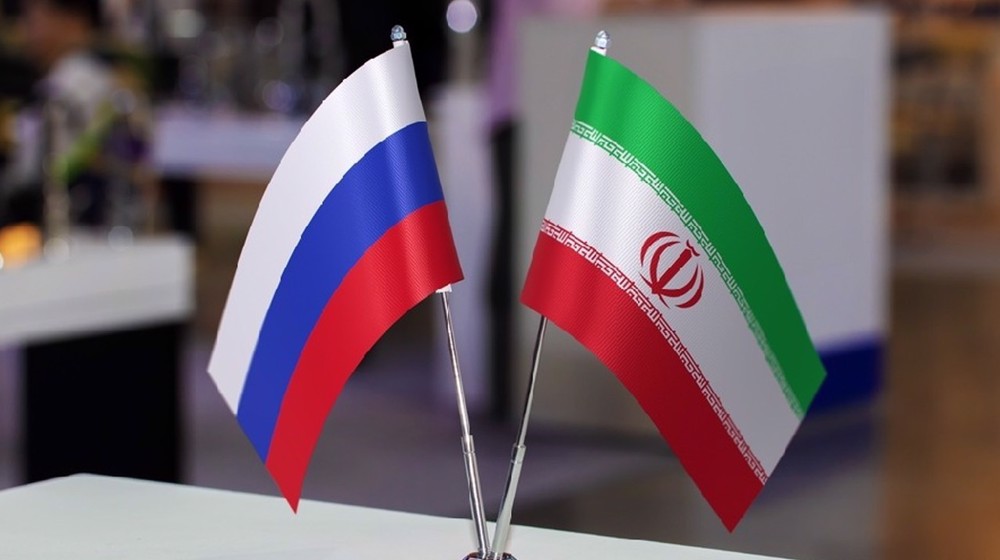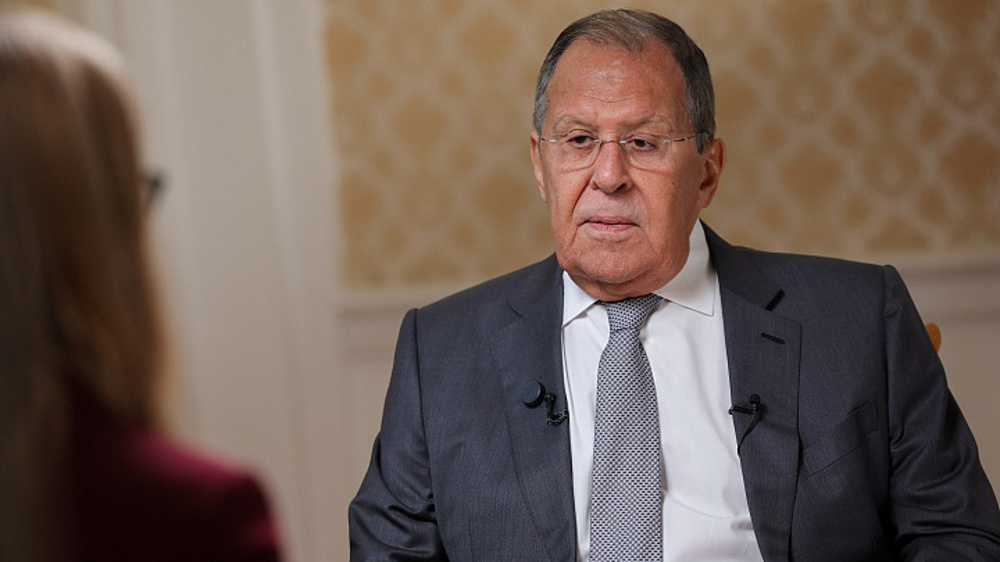Russia’s Foreign Ministry says that all remaining United Nations restrictions on Iran will formally expire on October 18, marking the end of the ten-year period established under UN Security Council Resolution 2231 that endorsed the 2015 Iran nuclear deal.
“The validity of all provisions of Resolution 2231 will cease, including its restrictions and related procedures,” the ministry said in a Friday statement, adding that the Security Council must close the file on Iran’s nuclear issue and remove it from the non-proliferation agenda.
According to Moscow, the expiration date was built into the original Joint Comprehensive Plan of Action (JCPOA) and remains binding under international law.
The statement noted that Russia’s presidential decree implementing the resolution “remains in force strictly until the established deadline,” after which cooperation with Iran “will continue in full accordance with national legislation and international obligations.”
The ministry also highlighted that the 20-year comprehensive strategic partnership treaty between Russia and Iran, which entered into force on October 2, 2025, provides “a solid foundation” for deepening bilateral ties in multiple sectors.
‘Europe's efforts to reinstate sanctions on Iran fail’
Moscow denounced the United Kingdom, France, and Germany for their “aggressive” attempt to revive previous UN sanctions against Iran, calling it a blatant breach of Resolution 2231 and the procedures meant to prevent manipulation.
“Their efforts have failed,” the ministry highlighted.
“Despite their insistent but unfounded claims to the contrary, the process of restoring the previous sanctions regime on Iran cannot be considered valid due to the serious procedural violations committed by the European trio.”
The European countries have been “trampling over everything that stood in their way” in pursuit of a confrontational course, said the ministry, adding, “Under international law, a party that systematically violates an agreement cannot benefit from its mechanisms and privileges.”
The statement added that the United States, which unilaterally withdrew from the JCPOA in 2018, and “unfortunately, the UN Secretariat,” had politically supported the European move.
Moscow said such “legally and procedurally defective steps” cannot impose any obligations on “law-abiding members of the international community.”

The ministry said it had formally demanded that the UN Secretary-General withdraw “false information” posted on the organization’s website regarding the alleged reimposition of sanctions.
“The refusal of the UN leadership to correct this error would mean that the Secretary-General and Secretariat staff are acting in deliberate violation of Article 100 of the UN Charter,” Moscow warned.
Russia further stressed that the Security Council has not authorized the Secretariat to make any independent judgments about the reinstatement of sanctions. “This matter falls under the exclusive competence of the Security Council,” it said.
Resolution 2231 expiring
With the expiration of Resolution 2231, Moscow said the 2015 nuclear deal itself “will finally pass into history,” though it credited the deal as “a major diplomatic achievement” that allowed the International Atomic Energy Agency (IAEA) to resolve all outstanding questions about Iran’s peaceful nuclear activities.
“The successful implementation of the JCPOA was intended to enable Tehran to fully exercise its right to the peaceful use of nuclear energy under the Non-Proliferation Treaty,” the ministry said.
Russia affirmed that oversight of Iran’s nuclear program will be conducted solely under the NPT and the Iran-IAEA safeguards agreement.

The dispute stems from the collapse of the 2015 nuclear deal, which limited Iran’s nuclear activities in exchange for sanctions relief. The United States unilaterally abandoned the deal in 2018, and Europe failed to meet its commitments, prompting Tehran to scale back compliance.
In August, the European trio triggered the “snapback” mechanism to restore UN sanctions — a move Iran rejected as illegitimate. Despite diplomatic efforts by Russia and China in September, the Security Council failed to reach consensus, and Western powers declared sanctions reinstated.
Russia said the “snapback” declaration has no legal basis and reaffirmed its commitment to a “political and diplomatic resolution” of the nuclear issue.
“We urge all parties to focus on preventing a new, uncontrolled escalation that could have serious consequences for regional and international security,” the ministry said.

